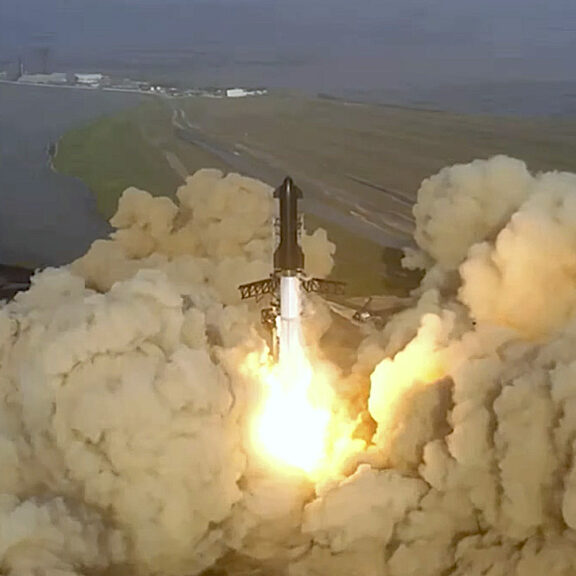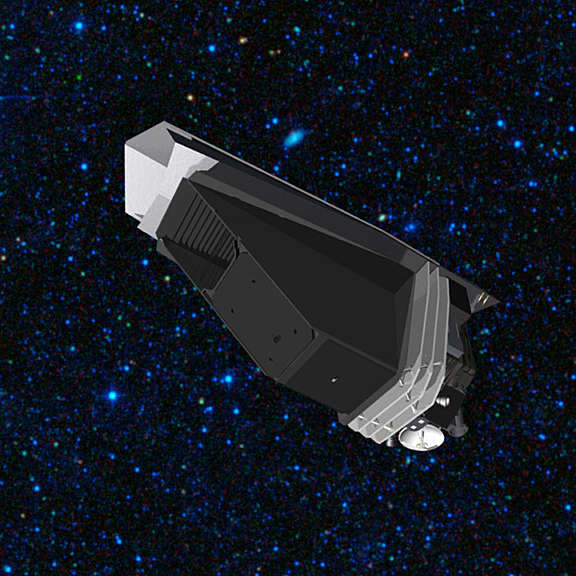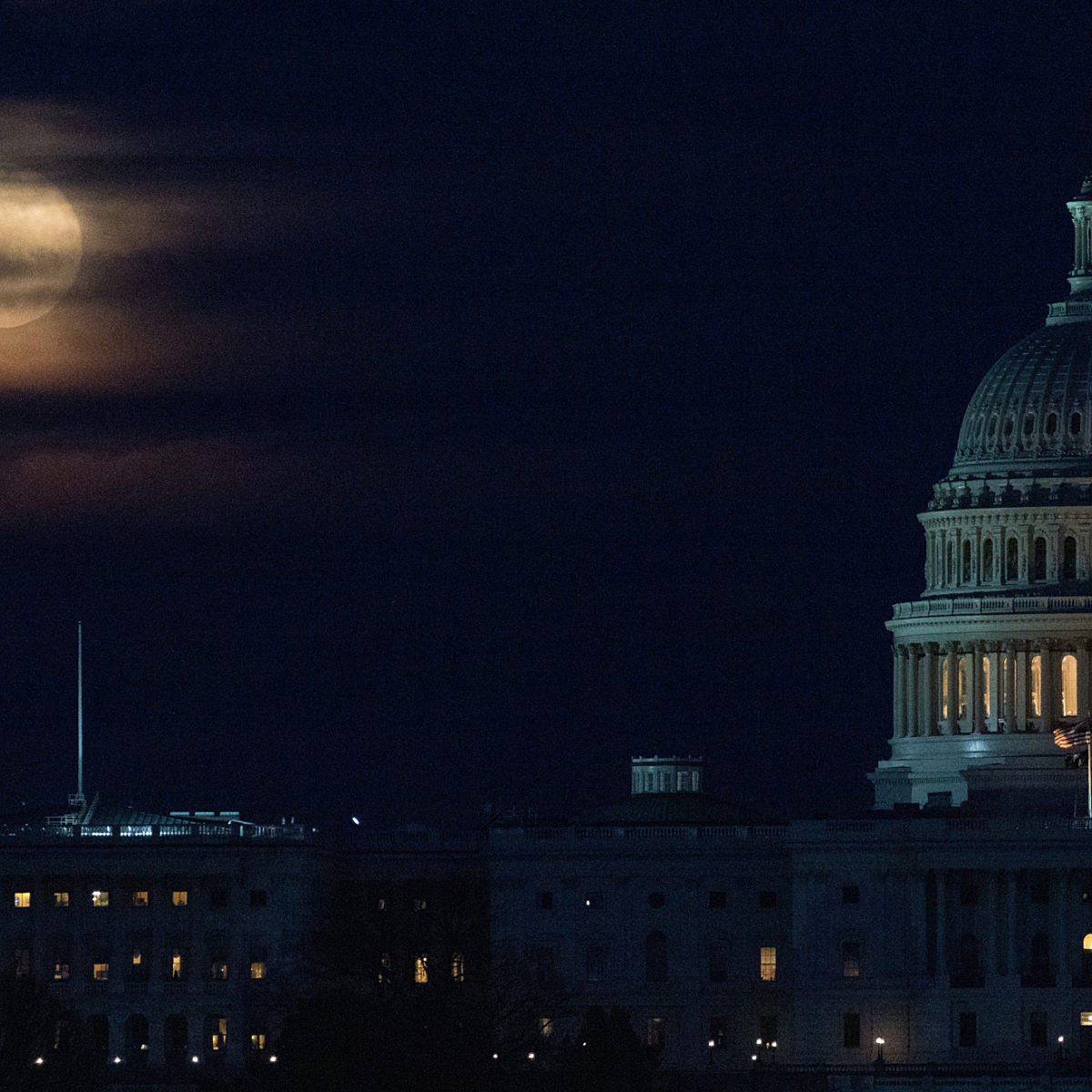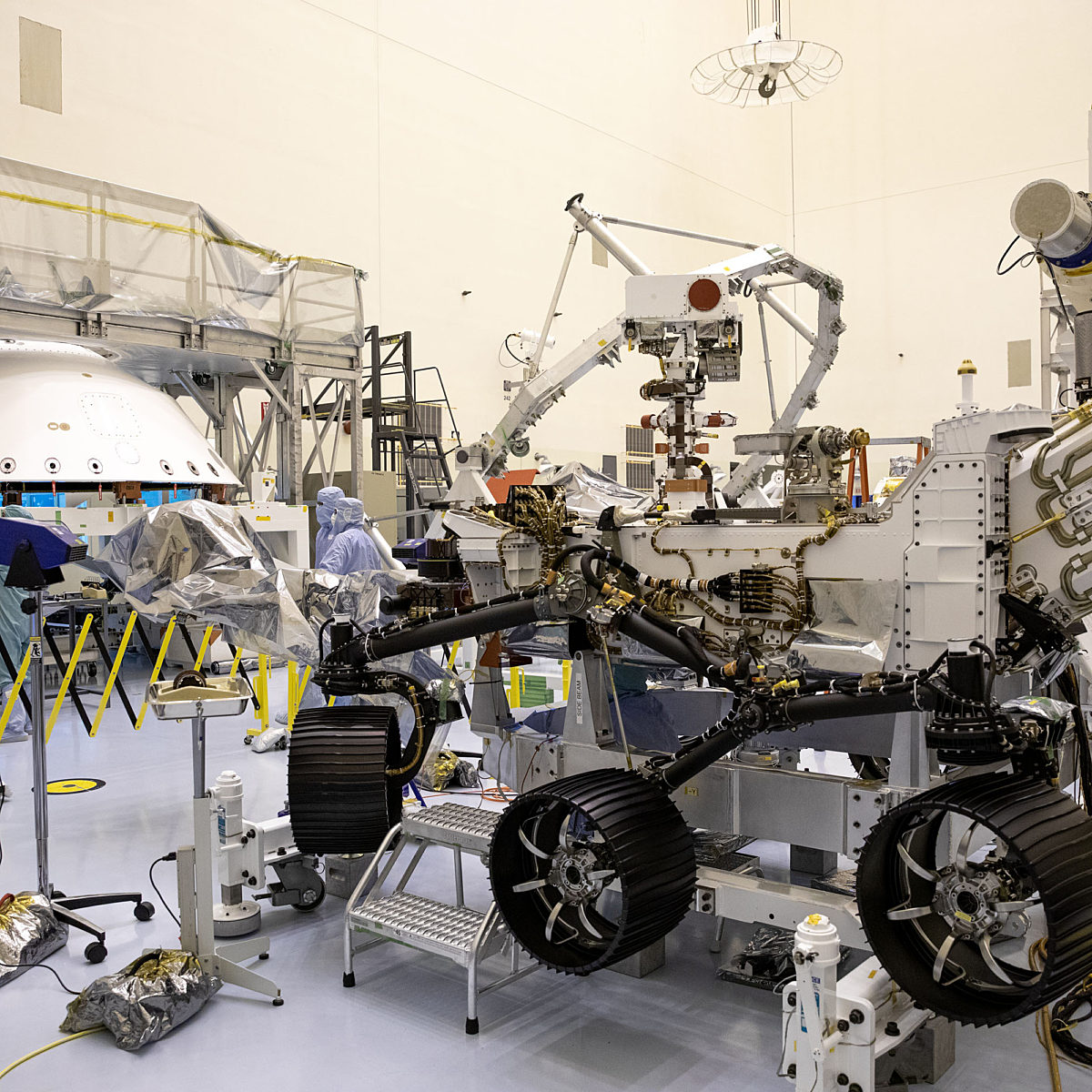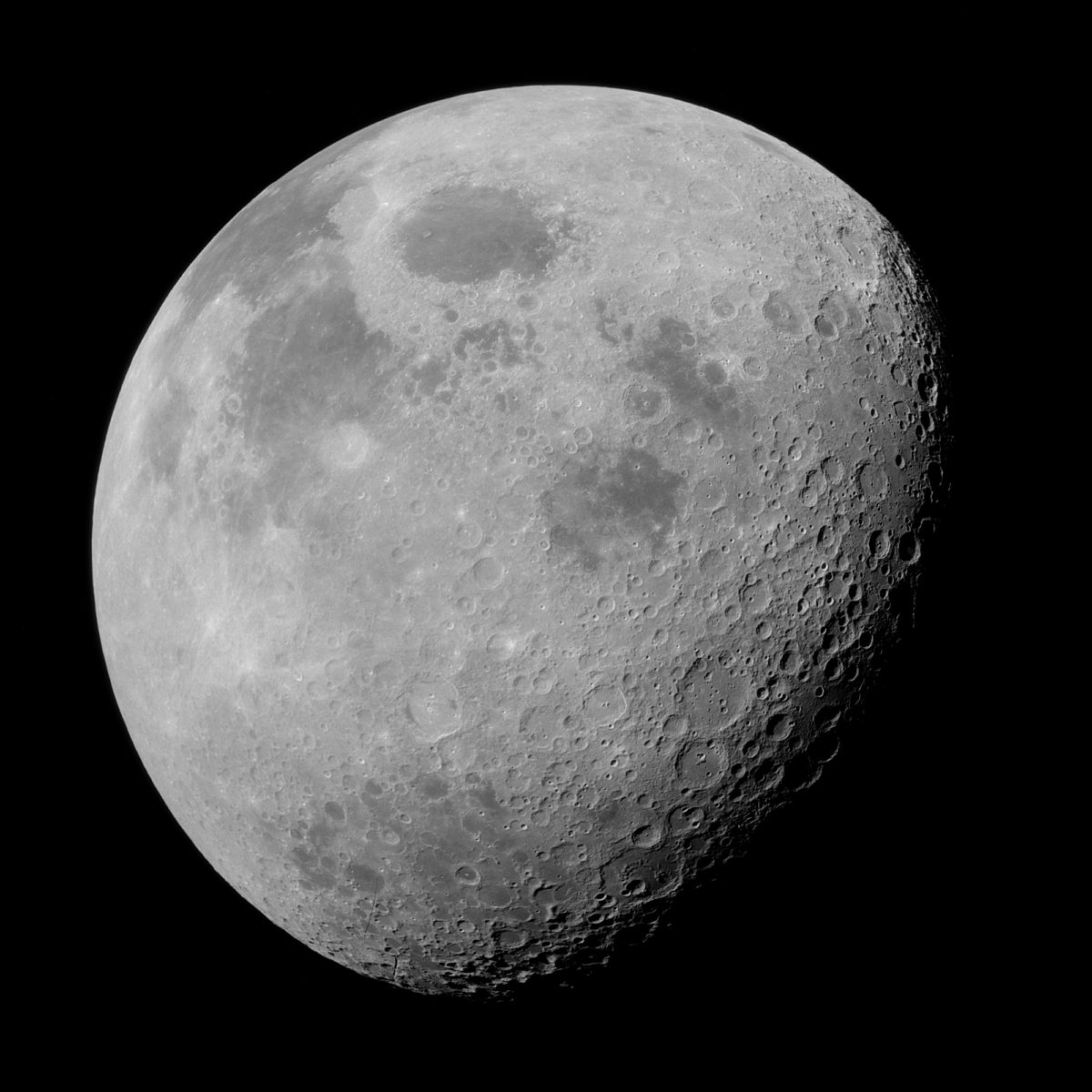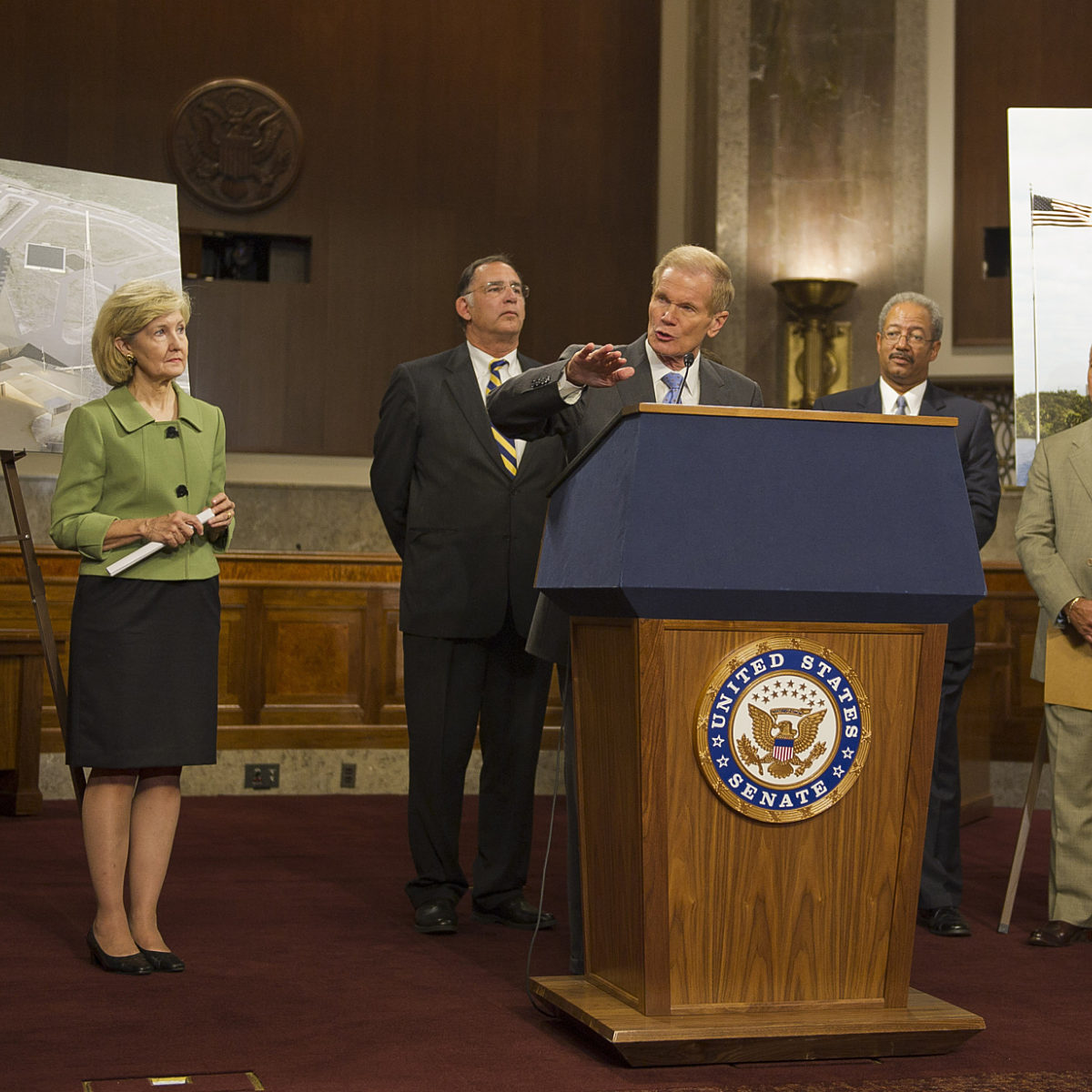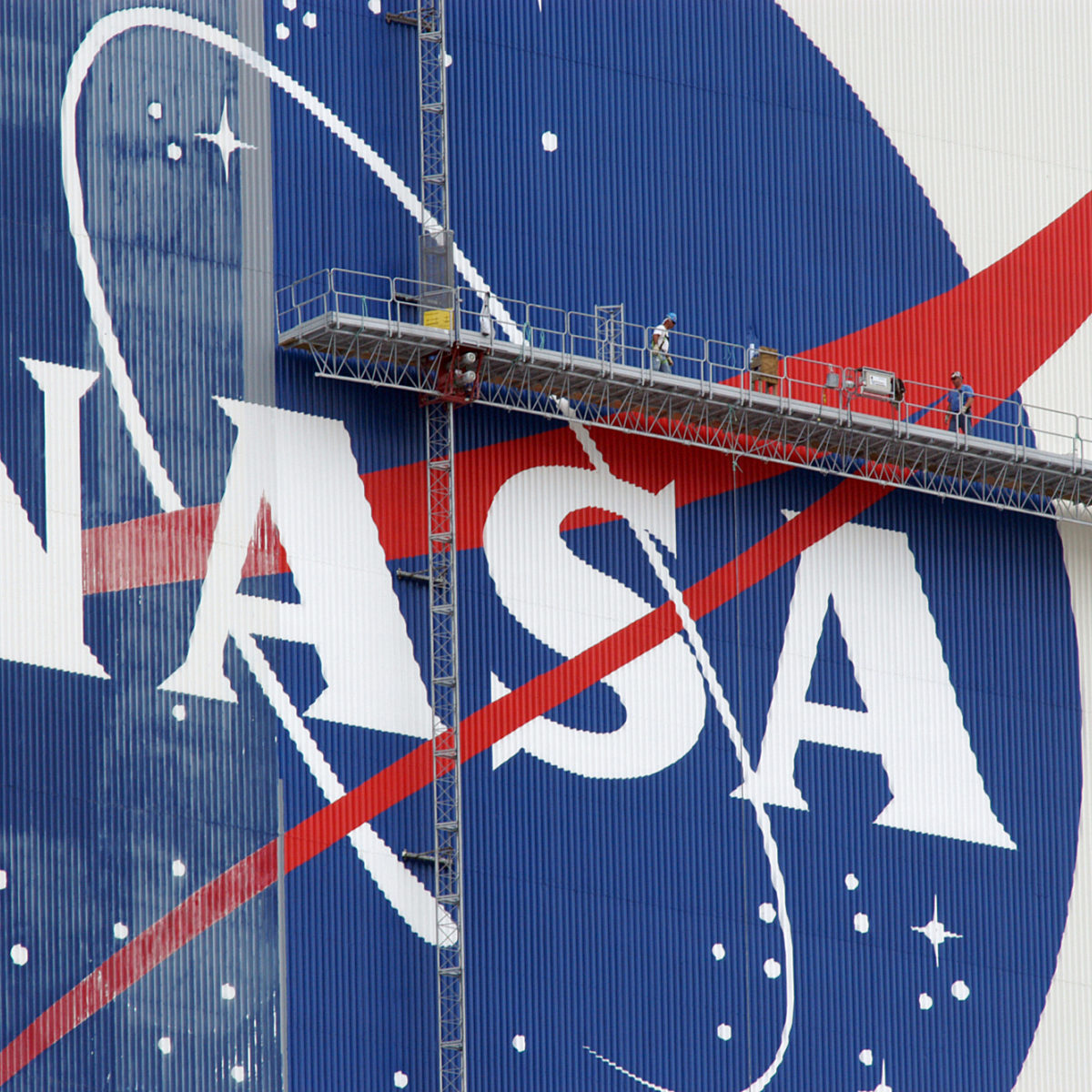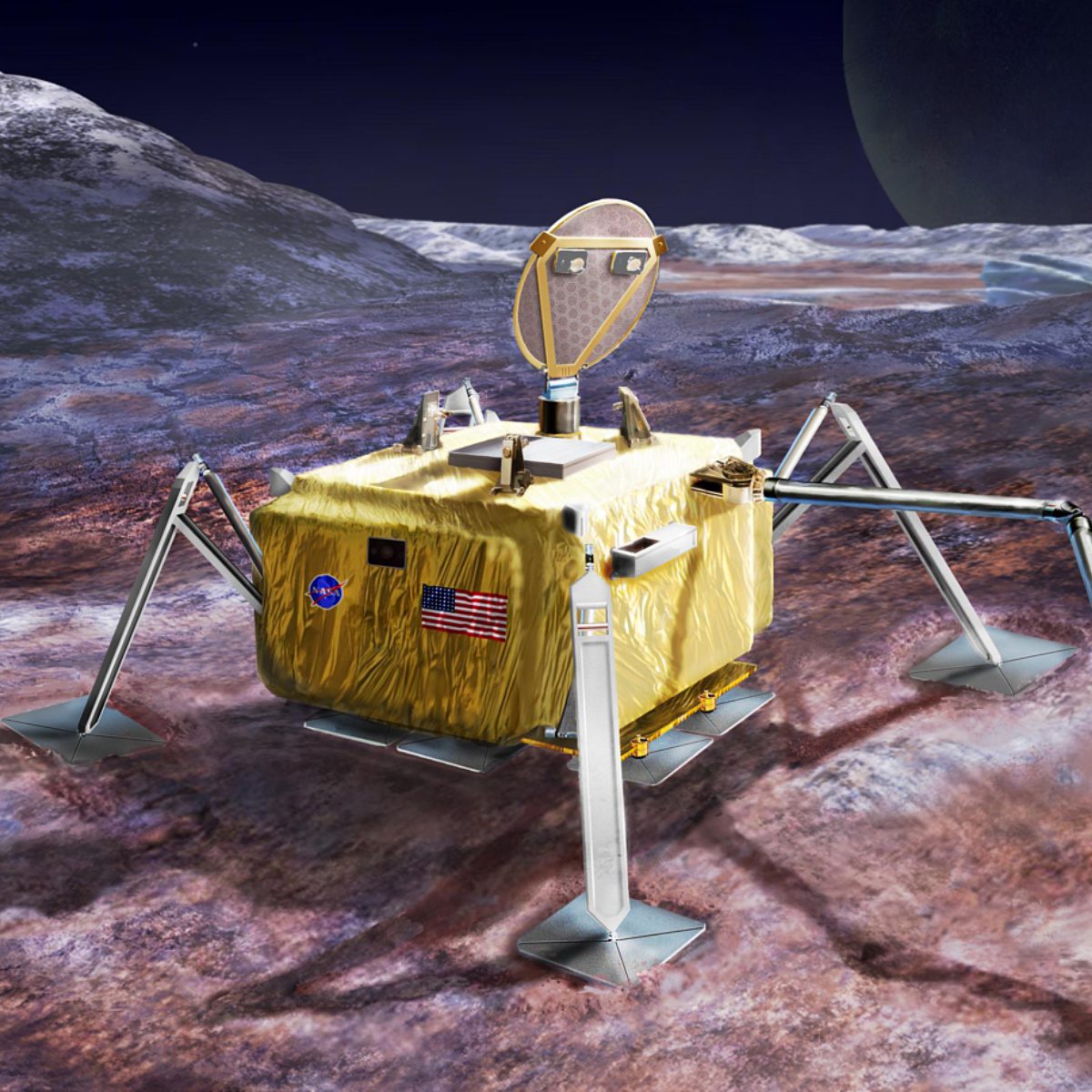All
All
Stories, updates, insights, and original analysis from The Planetary Society.
Is space science worth the money?
Space science costs money. Here's why it's worth the investment.
How do NASA and ESA work together?
NASA and the European Space Agency (ESA) have a long-standing partnership that has resulted in spectacular science missions, including the James Webb Space Telescope and the Cassini-Huygens mission to Saturn.
The future of Mars Sample Return
An overview of the 2023 Independent Review Board report on the state and future of Mars Sample Return.
Why has SpaceX's Starship sparked an environmental controversy?
An interview with environmental policy expert Eric Roesch about what made the April 2023 Starship test launch so environmentally harmful, and why the Federal Aviation Administration may ultimately be to blame.
NEO Surveyor is confirmed
After nearly two decades of consideration, NASA made a formal commitment to NEO Surveyor, an asteroid-hunting space telescope.
What the 2022 midterm elections mean for NASA
Republicans regain control of the House. The Senate remains under Democratic control. This divided governance could slow down the pace of space legislation, even for “must-pass” items like NASA's annual budget.
Your Guide to the 2020 Astrophysics Decadal Survey
A massive space telescope to search for signs of life on hundreds of Earth-like exoplanets is the official recommendation of the U.S. astronomy community.
The Cost of Perseverance, in Context
Disney’s global box office revenue for Avengers. The amount of money Google makes in 6 days. The cost of NASA's Perseverance rover is less than you might think.
NASA's Commercial Crew Program is a Fantastic Deal
NASA's commercial crew program stands to be the agency's lowest-cost human spacecraft effort in nearly 60 years.
Dive deep into the history of planetary exploration funding
This unique, comprehensive dataset includes the full budget history, by year, of every NASA planetary science mission and related activities.
Is the Moon a Stepping Stone or a Cornerstone for Mars?
New legislation proposed in the House of Representatives would radically shift NASA's human spaceflight efforts away from the Moon and back to Mars.
NASA Rings in the New Year with $22.6 billion
NASA's final 2020 budget rejected every major cut proposed by the Trump Administration, increased funding for popular congressional projects such as the Space Launch System, and underfunded several key administration proposals, including a human-qualified lunar lander and low-Earth orbit commercialization projects.
The Most Important Space Policy Events of the 2010s
The end of the Space Shuttle, the rise of public-private partnerships, and the return to the Moon. As the 2010s come to a close, what were the most impactful events that shaped U.S. space policy?
How the European Space Agency Does Planetary Defense
Defending the planet from the hazard of potential asteroid impacts requires investments from the whole world. In Europe, the European Space Agency (ESA) and the European Union both support work to understand and mitigate the threats from near-Earth objects.
A Crash Program or Modest Proposal?
The White House released a long-awaited supplemental budget request for NASA today. It proposes an additional $1.6 billion for an accelerated human spaceflight effort to land on the Moon in 2024. This boosts the President's budget request for NASA to $22.6 billion in fiscal year 2020, which is approximately $1.1 billion or 5% more than the amount provided by Congress last year.
Hearing Recap: NASA’s FY 2020 Budget Request
On March 27, 2019, the House Appropriations Subcommittee on Commerce, Justice, Science and Related Agencies held a hearing titled, “NASA’s FY 2020 Budget Request.”
Miseries mount as shutdown drags on
The partial government shutdown that shuttered NASA continues with no end in sight. The U.S. space program sits idle, the vast majority of its workforce sent home. Space science and exploration projects are disrupted. Paychecks are absent. And an unsettling realization has dawned on hundreds of thousands of public employees and contractors affected by the shutdown: this time is different.
Happy Holidays. NASA is Shut Down.
A partial government shutdown has shuttered NASA's operations for at least a week. Critical programs like the International Space Station will continue. This is the third shutdown of 2018 and another pointless disruption for the hardworking men and women at the U.S. space agency.
What the 2018 midterms mean for NASA and planetary science
The 2018 midterms swept away a number of NASA advocates in Congress, though looming budgetary battles may end up having more direct impacts on space than any one elected official.
American R&D Policy and the Push for Small Planetary Missions at NASA
Planetary Society Policy Adviser Jason Callahan summarizes his paper he presented at the 2017 International Astronautical Congress in Australia, where he examined NASA's low-cost Discovery program and how federal policies directed at higher education initially bolstered planetary science into a viable field.


 Explore Worlds
Explore Worlds Find Life
Find Life Defend Earth
Defend Earth


 Sun
Sun Mercury
Mercury Venus
Venus Earth
Earth Mars
Mars Jupiter
Jupiter Saturn
Saturn Uranus
Uranus Neptune
Neptune Small Bodies
Small Bodies


